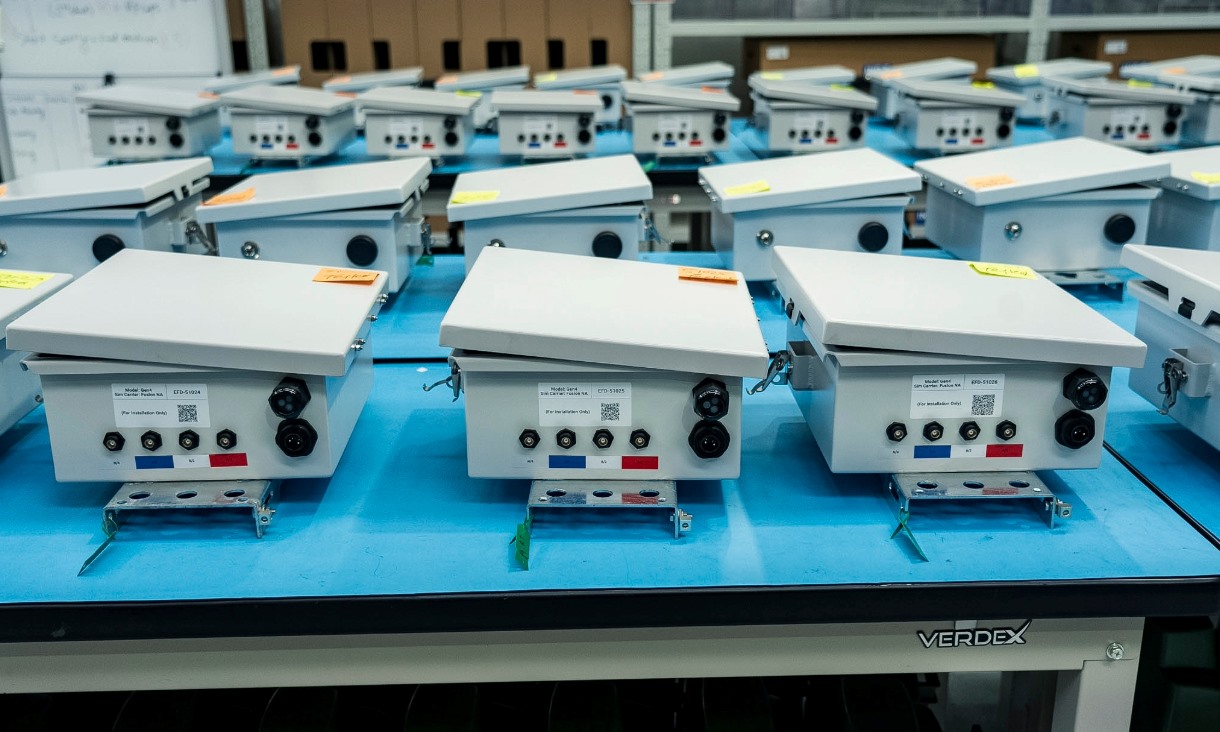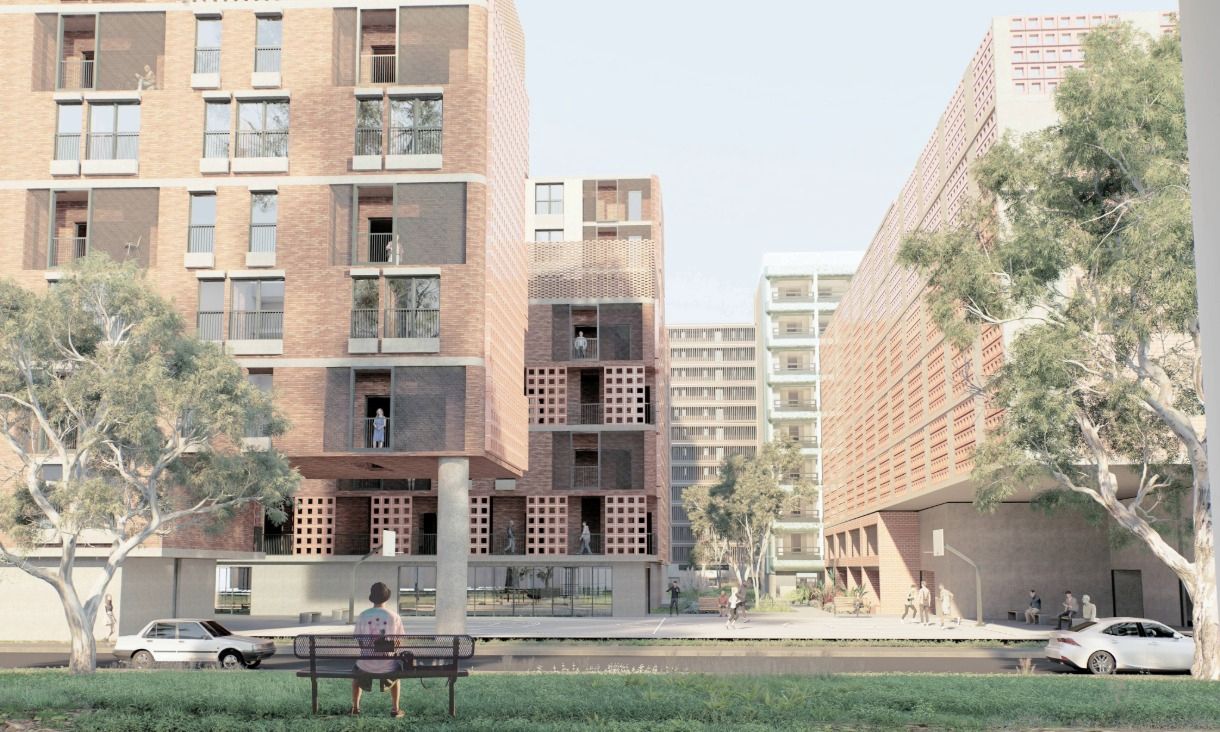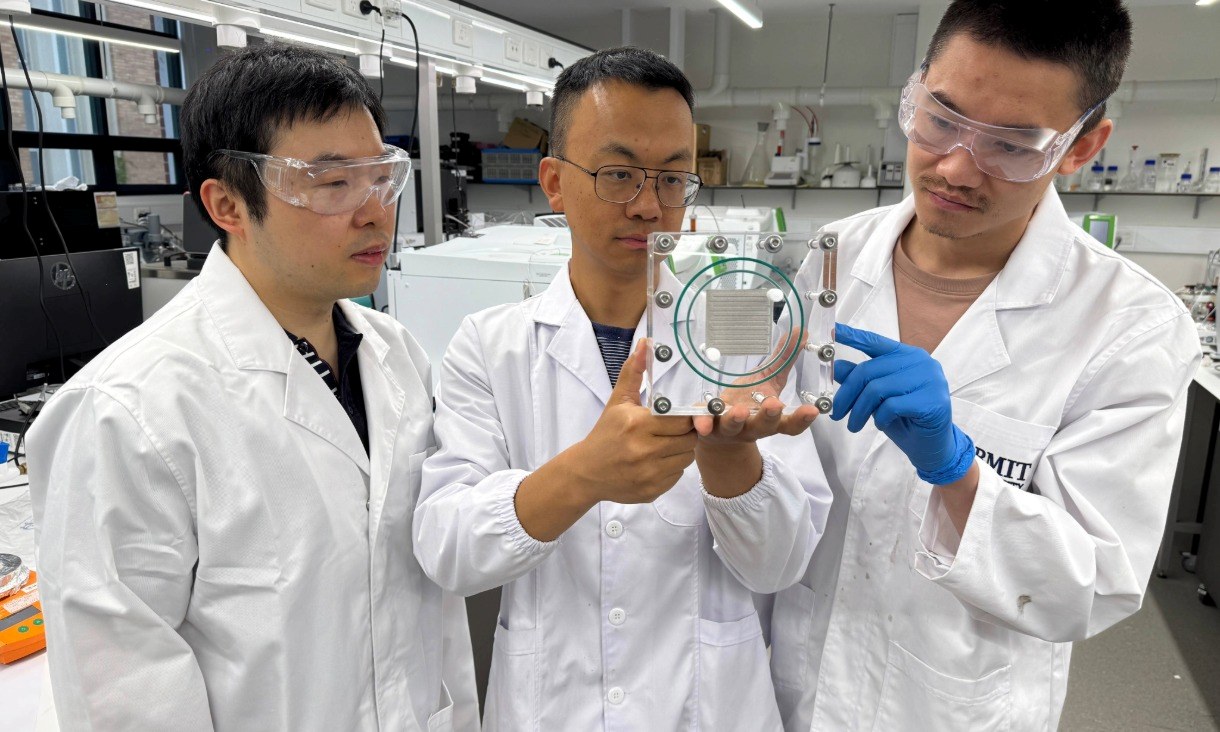The 22nd World Building Congress is underway at RMIT's Melbourne campus this week, confirming its status as a leading university in building and built environment research.
With the gates open to international travellers again, RMIT’s School of Property, Construction and Project Management has welcomed industry experts and leaders from across the globe, offering a range of face-to-face sessions with a focus on this year’s theme Building our Future: Informing practice to enhance the lives of current and future generations.
Chairing the Local Organising Committee for this year’s congress is Dean of School of Property, Construction and Project Management, Ron Wakefield.
Wakefield said hosting the congress will allow RMIT to demonstrate its quality offering of staff, industry networks, research and research partners and provide a platform for discussing and addressing critical issues facing the industry
“Being selected to co-host this significant event in the building industry, with expertise from across the globe, certainly says something about our status as an influential institution in property, construction and project management education,” said Wakefield.
“As a leader in the industry, we must be aware of the current and future challenges and how we can contribute to addressing and overcoming them,” he added
Professor Usha Iyer-Raniga sits on the scientific committee for the congress and will be chairing a session on circular built environments.
Iyer-Raniga, who leads the Circular Economy Hub, says hosting the congress it is a great opportunity to showcase Australian-based research and industry advances and highlights some of the research opportunities from RMIT.
"The research we are doing is ultimately about ensuring current and future generations of building industry professionals ‘touch the earth lightly’—not just in Australia, but also in other parts of the world, particularly in the areas of the world where rapid city building is taking place,” said Iyer-Raniga.
“We are looking at ways we can reduce the use of virgin resources and ensure that resources that already exist in the economy are used over and over again, rather than ending up in the landfill or just left as waste.”
"If we do not do anything to change the way we build and the materials we use, it is a lost opportunity. Buildings once built, last for 80, 100 or more years. We need to fundamental change we way we think about design, build and operation of our buildings to ensure we leave behind a planet for current and future generations," she adds.
The World Building Congress runs from Monday 27 to Thursday 30 June.
Story: Katie Comas







